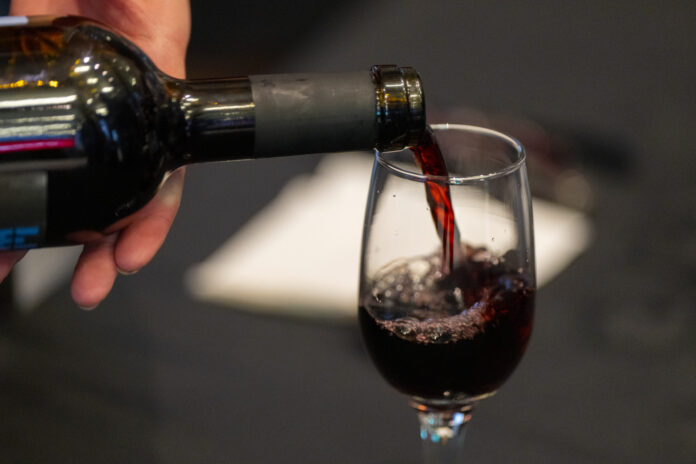It was an enlightening day when I discovered my university office was situated in what used to be a brewery. Yes, my workspace was formerly part of “The Old Brewery” at Aberdeen University—a place steeped in history where monks once brewed ale as part of their religious life. This sparked a curiosity in me about the biblical perspective on alcohol, a subject that often divides modern Christians.
Historical Christian Views on Alcohol
Throughout the history of the Church, alcohol has generally been viewed positively. Reformers like John Calvin and Martin Luther saw wine and beer as gifts from God to be enjoyed by His people. Calvin even had an annual wine stipend, and Luther’s wife was known for her brewing skills. The Guinness family, famed for their stout, brewed it as an act of worship. From this historical viewpoint, it’s clear that many influential Christians did not see alcohol as inherently sinful.
Biblical Instructions on Alcohol
Contrary to some modern Christian teachings that advocate total abstinence, the Bible does not command a universal ban on alcohol. Scriptures like Ephesians 5:18 and Titus 2:3 warn against drunkenness and addiction to wine but do not prohibit drinking altogether. Instead, they call for moderation and self-control.
The argument that alcohol should be avoided entirely to prevent drunkenness would logically extend to other areas of life where moderation is required, such as eating or spending money—areas where excess can also lead to sin.
Alcohol as Part of Christian Witness
Some argue that drinking could harm a Christian’s witness, but this concern often reflects cultural prejudices more than biblical directives. My experience has shown that engaging with non-Christians often involves meeting them where they are, which can include social settings where alcohol is present. Rejecting legalistic prohibitions can open doors for deeper conversations about faith and freedom in Christ.
Misconceptions About Biblical Wine
There are myths suggesting that the wine in the Bible was essentially grape juice or so diluted as to prevent intoxication. However, the Bible’s references to the effects of wine and strong drink (like the Hebrew “shakar” for strong fermented drinks) contradict these claims. These beverages were indeed intoxicating, and yet they were part of the biblical landscape.
Wine, Beer, and the Biblical Narrative
In Scripture, wine and beer are often symbols of God’s blessing. Under the old covenant, wine signifies abundance and God’s provision, and its absence is seen as a curse. Jesus Himself turned water into wine, marking the beginning of His public ministry with a sign of celebration and blessing.
The New Testament continues this theme, with Jesus using wine as a symbol of the new covenant in His blood—a profound spiritual truth celebrated in the Lord’s Supper, pointing to fellowship and remembrance of Christ.
Responsible Enjoyment of God’s Gifts
While recognizing the blessings of wine and beer, it’s essential for Christians to approach them with a spirit of discipline and thankfulness. Celebrating our freedom in Christ means enjoying His gifts responsibly and in a manner that honors Him. This includes not causing others to stumble and maintaining a clear witness to the transformative power of the Gospel in our lives.
Conclusion: Moderation, Not Abstinence
In conclusion, the biblical perspective on alcohol is not one of total abstinence, but of moderation and careful enjoyment. As believers, we are free to enjoy the gifts God has given us, including alcohol, but are called to do so in a way that is responsible and reflective of our faith. In all things, including our consumption of alcohol, we are to glorify God, showing gratitude for His abundant provision and care for us.

















